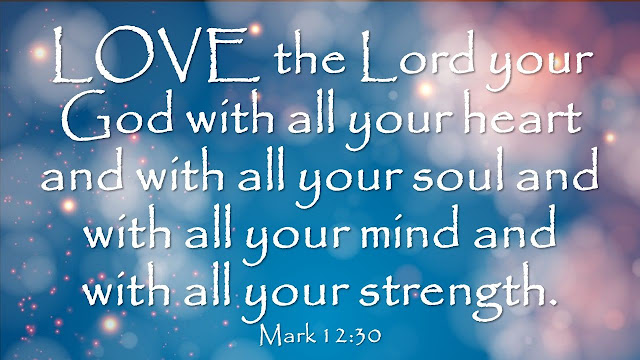The Catholic Times View from the Ark gives the readers of the column some advice in overcoming difficulties growing up in not the best of circumstances. The columnist is working in the field of mass media and is a volunteer teacher of catechumens.
When he was a teenager, he was always hungry and tired due to the absence of his father. He had a strong desire for achievement and did well in his studies. He persistently tried to overcome reality. Nothing was accomplished smoothly.
He entered college by luck, and could only get a job four years after graduating. It was the same even after joining the company. He felt like he was 50 meters behind the starting line of a 100-meter race. And deep down, there was always fear. He couldn't put it into words, but there was a hidden feeling of anxiety. He tried to soothe the fear by hanging out with friends and drinking, but couldn't hide it by lying to himself.
Even when middle-aged and doing well, he had nightmares. In his dreams, he was struggling to make a living after failing to graduate from middle school or was devastated because he couldn't find the test site or couldn't study at all when the exam day was near. Only those who experience the feeling of despair and tears in a dream will know the relief that comes upon waking up.
He thought these dreams were due to his unprotected youth, a desire to achieve greater than his abilities. He didn't know that fear was a spiritual longing. At that time, he was wandering spiritually and did not know it. That thirst and loneliness led to fear and anxiety. God was not in his life.
He was baptized in 2013. At that time, his daughter, a senior in high school, was working to pass the Catholic admissions process at Sogang University. He followed his wife and attended Sunday Mass as a ‘foot believer.’ There was no joy in the Mass or meeting Jesus. The place where Jesus should be was filled with worldly goals, children, and money. Then he faced the greatest hardship of his life. He got involved in a ridiculous incident and found himself in a situation where everything he had achieved in life fell apart. He had to endure humiliation and insults. Jesus came to him at a time when he could not survive without drinking or taking medicine.
He attended Mass almost every day, and whenever he had time, he went to the church for adoration and Eucharist and volunteered to serve the early morning Mass on Mondays. Early in the morning on a harsh winter day, he heard the voice of Jesus on the way to the parish church in the darkness: "Take courage. grow. Do not be afraid." (Matthew 14:27) He felt the pain of Jesus being betrayed by his disciples and ridiculed by the people as his pain. He could not hide the tears that flowed at the pain of Jesus 2000 years ago.
Jesus was calling out to him: "It is I, it is I" but he could not hear. He did not feel Him or notice Him. He was afraid, anxious, and hungry. He lived an individual life, seeing only himself, without seeing Him who is whole and united. Although he did achieve some level of achievement through his will and effort, deep inside, there was always fear and anxiety.
In the new year, he wants to live a life with Him, a life in imitation of Him. As we live individual lives, we must always compete and consume other life forms to sustain life. Even within such individuality, there is a desire for the whole and unity, the attribute of God. The moment he realizes, and feels, that God is within him, fear disappears. Just as Jesus spoke to Peter 2,000 years ago, he speaks to him, now struggling in the water here in Gwangju. "Take courage. grow. Do not be afraid."






